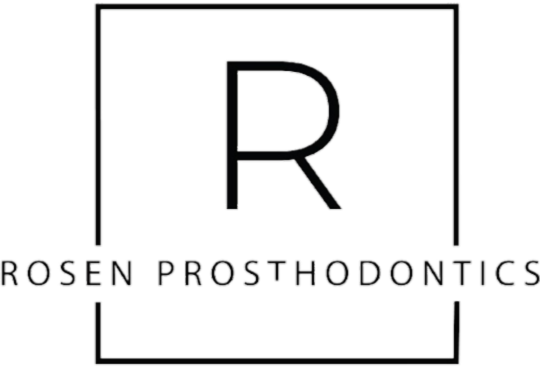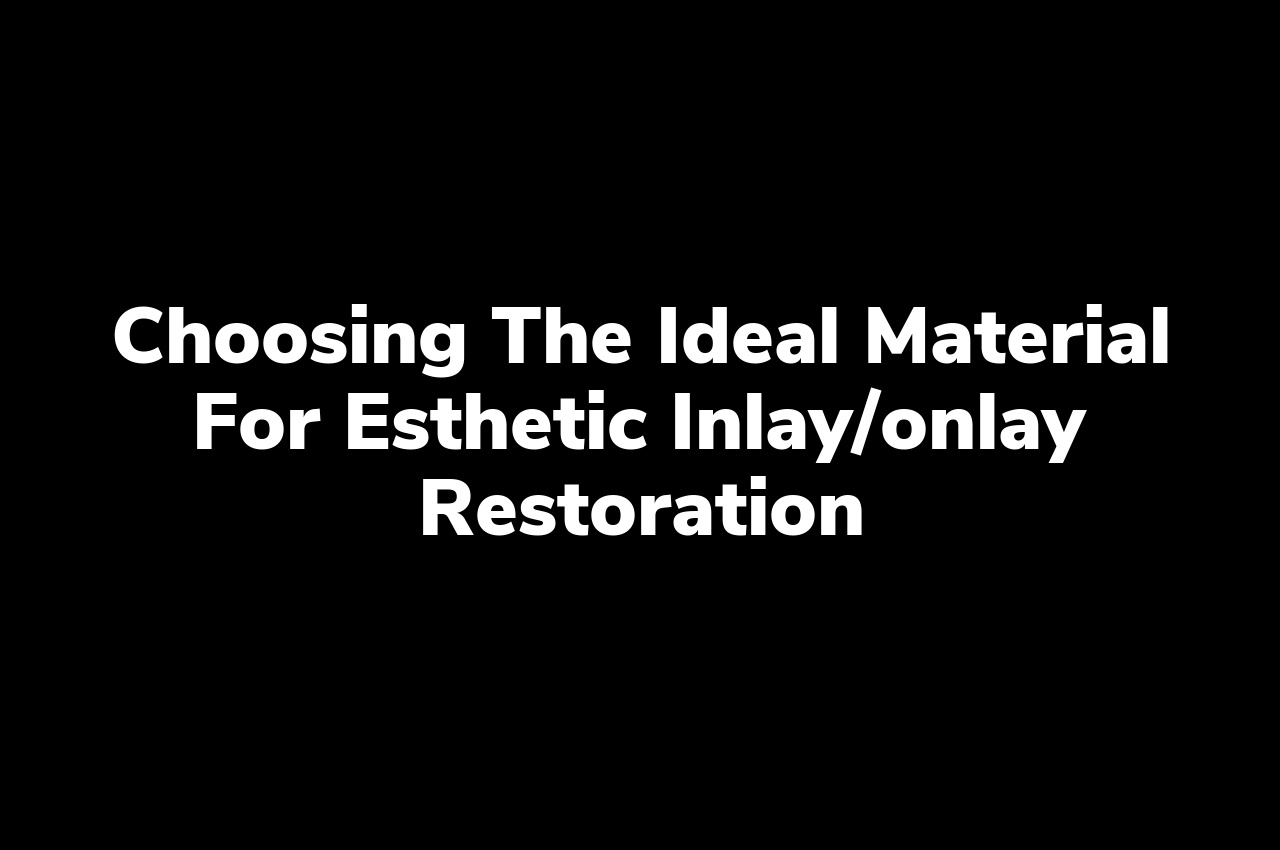Are you considering an inlay or onlay restoration but feel overwhelmed by the material choices for achieving the perfect blend of durability and aesthetics? At Rosen Dental PC, we understand that selecting the right material is crucial for a natural-looking smile and long-lasting results, which is why we offer expert guidance to help you make an informed decision tailored to your individual needs.
Comparing Porcelain vs. Composite Resins
When considering materials for aesthetic inlay or onlay restorations, two popular choices are porcelain and composite resins. Porcelain is renowned for its durability and color stability, which makes it an excellent choice for patients looking for a long-lasting solution that closely mimics the natural translucency of tooth enamel. On the other hand, composite resins offer a more cost-effective alternative with easier chairside adjustability and repairability. However, they may be more prone to discoloration and wear over time compared to their porcelain counterparts.
The decision between porcelain and composite resins should also take into account the specifics of the tooth preparation. For instance, porcelain often requires a more extensive preparation to accommodate the material’s thickness for optimal strength. In contrast, composite resins can be used in more conservative preparations due to their ability to bond directly to the tooth structure. To achieve the best results, regardless of the chosen material, proper inlay preparation is crucial. For detailed techniques on how to Enhance inlay preparation for superior restoration, dental professionals can access a wealth of resources that outline the steps for creating restorations that are not only aesthetically pleasing but also functionally sound.
Durability of Ceramic Inlay Materials
When selecting the ideal material for aesthetic inlay or onlay restorations, durability is a paramount concern. Ceramic inlay materials are renowned for their long-lasting qualities, offering a robust solution that can withstand the daily rigors of chewing and biting. Unlike metal fillings, ceramic inlays are crafted from advanced porcelain that not only mimics the natural translucency of tooth enamel but also resists wear and tear over time. This makes them a preferred choice for patients looking for a balance between aesthetics and longevity. The strength of ceramic materials ensures that your inlays or onlays can last for many years, often decades, with proper care and maintenance.
Moreover, ceramic inlays are less likely to cause wear on opposing teeth, a common issue with some other restoration materials. They are also highly resistant to staining, which means they maintain their color consistency, blending seamlessly with your natural teeth. For those seeking quality inlay work in the Somers area, it’s essential to choose a dental practice that specializes in these advanced ceramic materials. Quality Inlay Work in the Somers Area ensures that you receive restorations that are not only aesthetically pleasing but also built to last, giving you a smile that is both beautiful and durable.
Aesthetic Benefits of Gold Alloys
While the pursuit of a flawless smile often leads patients towards tooth-colored materials, the aesthetic benefits of gold alloys should not be overlooked. Gold has been a symbol of luxury and durability for centuries, and its use in dental inlay/onlay restorations is no exception. The warm, rich hue of gold alloys can provide a unique and sophisticated appearance, particularly appealing for patients who desire a classic look or wish to make a statement with their smile. Moreover, gold’s ability to blend seamlessly with the natural color of adjacent teeth ensures a subtle yet distinguished enhancement. Its reflective properties can also impart a certain luminosity to the oral cavity, contributing to an overall vibrant and healthy-looking smile. For those valuing longevity alongside beauty, gold alloys stand as an enduring and aesthetically pleasing choice.
Biocompatibility of Restorative Material Choices
When selecting the perfect material for aesthetic inlay or onlay restorations, biocompatibility should be a top priority. Biocompatible materials are designed to work in harmony with the body’s natural tissues, minimizing the risk of allergic reactions or adverse responses. Dental professionals often recommend ceramic or composite resins due to their excellent biocompatibility profiles. These materials not only mimic the natural appearance of tooth enamel but also ensure that the restoration does not provoke inflammation or reject the surrounding biological environment. By choosing a restorative material with a high degree of biocompatibility, patients can enjoy a durable, aesthetically pleasing solution that maintains the integrity and health of their oral ecosystem.
Cost-Effectiveness of Different Inlay Options
When selecting the perfect material for aesthetic inlay or onlay restorations, cost-effectiveness is a crucial factor to consider alongside durability and appearance.
Dental inlays can be made from various materials such as gold, composite resin, and porcelain, each with its own price point and longevity.
Gold inlays, while offering exceptional durability, come with a higher upfront cost, which may not be the most economical choice for every budget.
Composite resin inlays are more affordable and can be matched to the natural color of your teeth, but they may require replacement more frequently than their gold or porcelain counterparts.
Porcelain inlays strike a balance between aesthetics and resilience, often providing a cost-effective solution with a natural look and a lifespan that justifies the investment.
Ultimately, the most cost-effective option will depend on individual needs, the condition of the tooth, and long-term dental health goals. It’s essential to consult with your dental professional to understand the full scope of costs associated with each type of inlay material over the lifespan of the restoration.
Conclusion
For expert inlay preparation that ensures superior restoration, contact Rosen Dental PC at 914-277-8400, and read our reviews on Google Maps.

